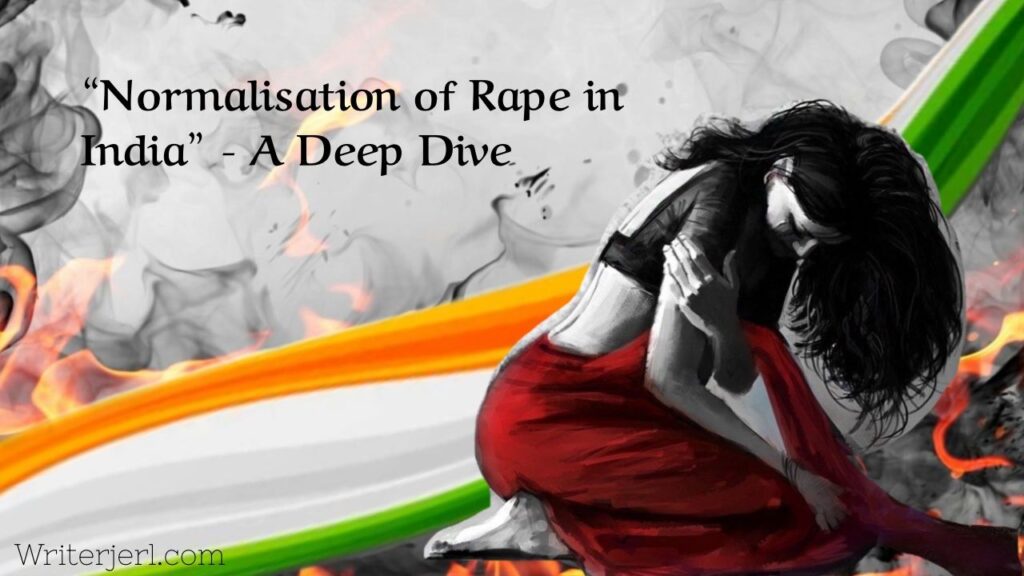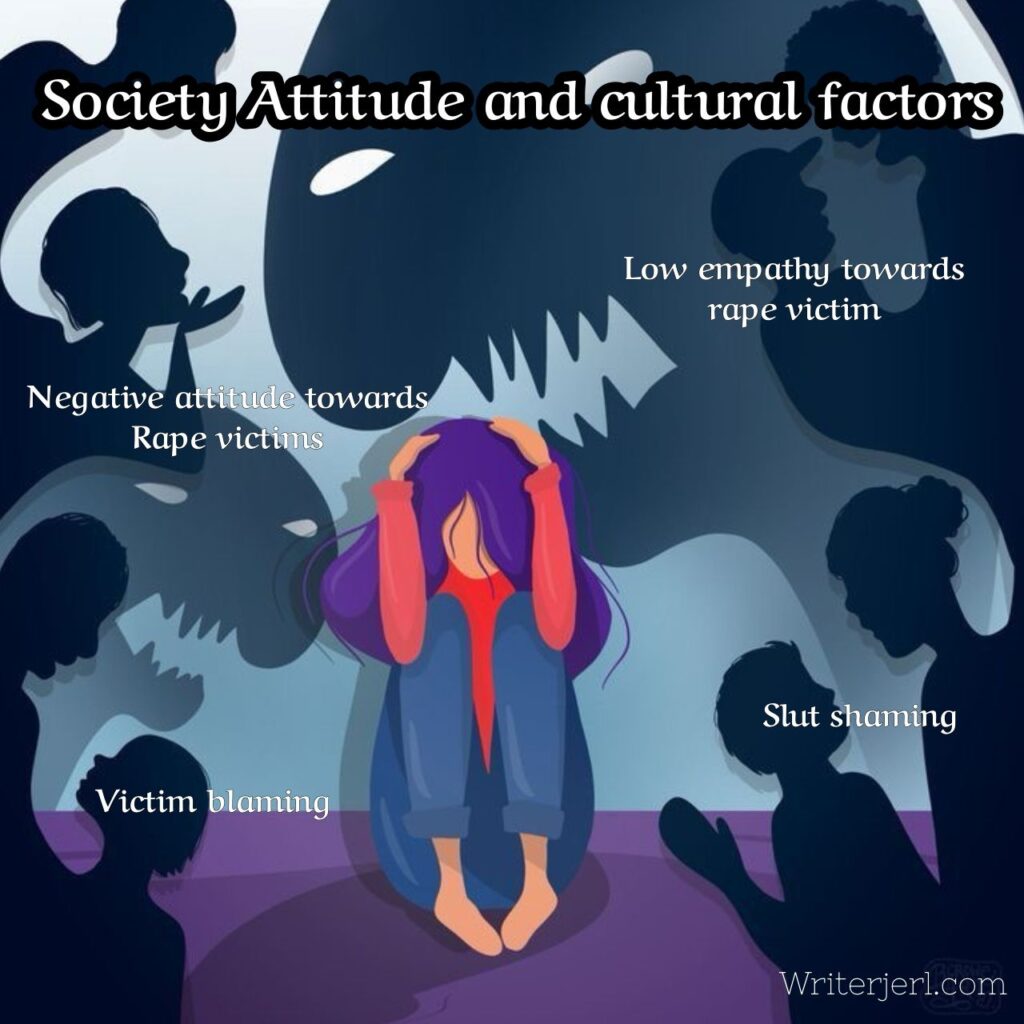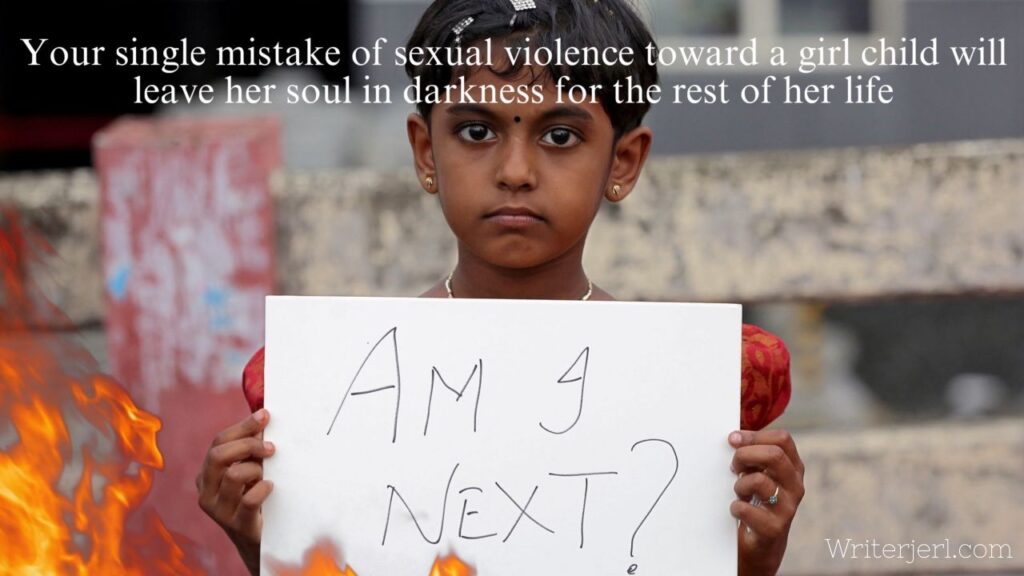
Fem-anger Unfold-024
Introduction
Rape should never be normalized in any society, and it is crucial to admit that sexual violence remains a momentous issue in India. Experts point to a range of factors contributing to this crisis, including a breakdown of the rule of law, impunity for perpetrators, and well-established patriarchal attitudes. These dreadful events underline the deep-rooted challenges facing women’s safety in India. Despite efforts to address sexual violence counting the introduction of stricter laws following the gang rape cases, incidents of rape continue to be alarmingly frequent. The official statistics from 2023 expose an average of 90 reported rapes per day, though the actual number is believed to be higher due to underreporting fueled by fear of reprisal and societal shame. This article aims to present the extensive outrage and calls for action for the alarming rape cases in India.
Recent instances of brutal gang rape in India
Unfortunately, there have been many instances of gang rape and sexual violence in India. Each case underscores the urgent need for systematic changes in attitudes and law enforcements. The recent brutal gang rape of a Spanish tourist in the Indian state of Jharkhand has ignited widespread outrage, shedding light on the persuasive issue of sexual violence and prompting urgent calls for better protection for women.
Reports indicate that on March 1st, 2024, a group of seven men allegedly assaulted the 28 year old tourist and her husband, who had been travelling the world on motorcycles. The attack occurred while the couple was camping in Dumka. According to the victim’s account to Spanish media, the assault lasted for about two hours, during which the perpetrators took turns assaulting her while others looked on.

This horrific incident follows another appealing case in which a 21 year old stage performer from chattisgarh was reportedly gang raped by her colleagues in Jharkhand’s Palamu district. Additionally, just days earlier, a 17 year old girl was allegedly assaulted by two men as she returned home from a wedding function in Uttar pradesh’s Hasthras district.
In Recent
Aarthi, a class 5 student at the government primary school in sholai nagar, was last captured on CCTV footage on March 1 around noon, only at Kanagadasen Street. Despite the police declaring that they promptly initiated a search after the girl’s parents reported her missing on Saturday, the body of aarthi was found wrapped on a sheet-like material inside a drain just meters away from her house. Tragically, her hands and legs were tied.
Despite increased awareness and activism surrounding women’s rights, convictions for sexual crimes remain disappointingly low, with many cases fading away in India’s overloaded criminal justice system.

Societal attitudes and cultural factors
The legal reforms, awareness campaigns, and initiatives aimed at empowering survivors should be as essential steps towards fighting rape and creating a society where sexual violence is not tolerated. But there are societal attitudes and cultural factors contribute to the under-reporting of rape, the lack of effective prosecution and more challenges.

Delayed and inadequate justice system response
Overburdened courts can result in delays in the settlement of rape cases; this can extend the legal process and contribute to frustration and disappointment among survivors seeking justice. Many law enforcement officers may lack specialized training in handling cases of sexual violence can lead to victim-blaming and inadequate investigation of these cases. This understaffed forensic labs, inadequate victim support services, and delays in court proceedings are the result of insufficient resources.
Under-reporting due to fear, stigma, and lack of trust in authorities
Under-reporting of rape and sexual violence due to fear, shame, and lack of trust in authorities is a significant issue in India. There are several reasons why survivors may hesitate to report the case of rape. Survivors may fear being shamed by their community or even their own family members if they come forward with their experiences. There may be a lack of trust in the justice system to handle cases of sexual violence impartially. And it leads obviously to normalisation of rape in the society.

Use of sexual violence as a tool for oppression and control
Women and girls are disproportionately affected by sexual violence, often a result of deep-rooted gender inequalities and patriarchal structures. Sexual violence is used to assert male dominance and control over women’s bodies, limiting their autonomy and perpetuating gender-based discrimination and subjugation. In India, sexual violence is frequently used as a weapon to intimidate, humiliate women.

Widespread outrage and calls for action
Widespread outrage and calls for action have been a common response to the cases of rape and sexual violence in India. These incidents often flash public demonstrations to address systemic issues contributing to gender-based violence. In response to the recent incidents and ongoing concerns about sexual violence, activists, civil society organisations in India it is need to continue to push for reforms in laws, law enforcement practices, and societal attitudes towards gender-based violence.
Urgent need for addressing the normalisation of rape in India
Comprehensive sex education programs will be a better play in challenging unsafe gender stereotypes, promoting healthy relationships, and teaching consent from an early age. There is a need to challenge toxic masculinity and promoting positive models of masculinity that reject violence and promote respect, empathy, and equality is crucial in addressing the normalization of rape. We should also engage our family men and boys as allies in efforts to prevent sexual violence and promote gender equality are essential.
Conclusion
Every family must promote women’s rights, address gender-based discrimination, and provide opportunities for education and financial empowerment. The government must ensure that survivors or sexual violence have access to timely and helpful justice is essential. Addressing the normalisation of rape in India requires sustained efforts and a commitment from all sectors of society, including government and individuals. It is essential to recognise that ending the normalisation of rape is not only a matter of legal and policy reform but also requires a fundamental shift in attitudes, beliefs, and behaviours at all levels of society.
Magnificent website. Plenty of useful info here. I’m sending it to some buddies ans additionally sharing in delicious. And obviously, thank you to your effort!
thanks and follow for more 🙂
It’s fantastic that you are getting ideas from this paragraph as well as from
our argument made at this time. https://Ternopil.PP.Ua/
Thank you! I’m glad to hear that the ideas resonated with you. I appreciate your insights as well. Looking forward to more meaningful exchanges!
Your article helped me a lot, is there any more related content? Thanks!